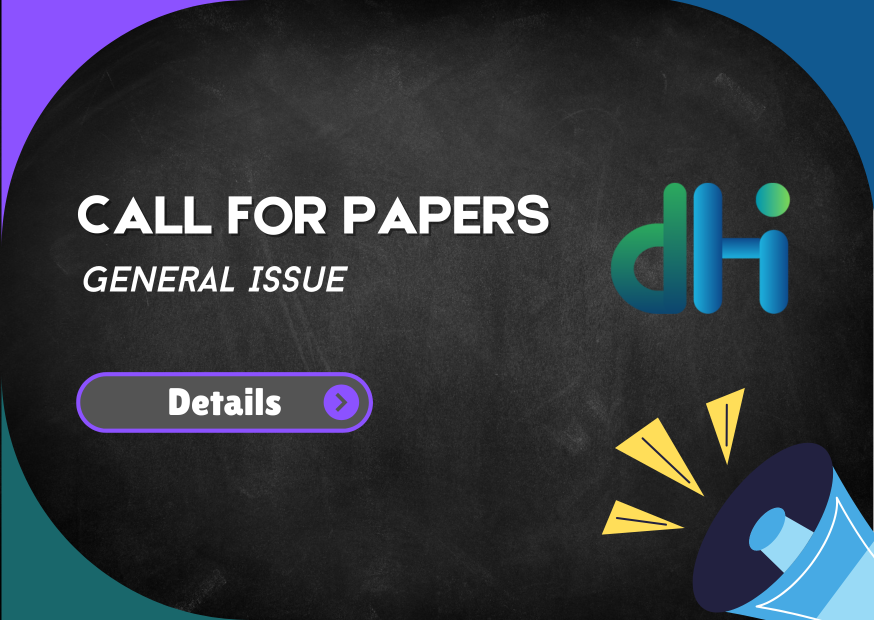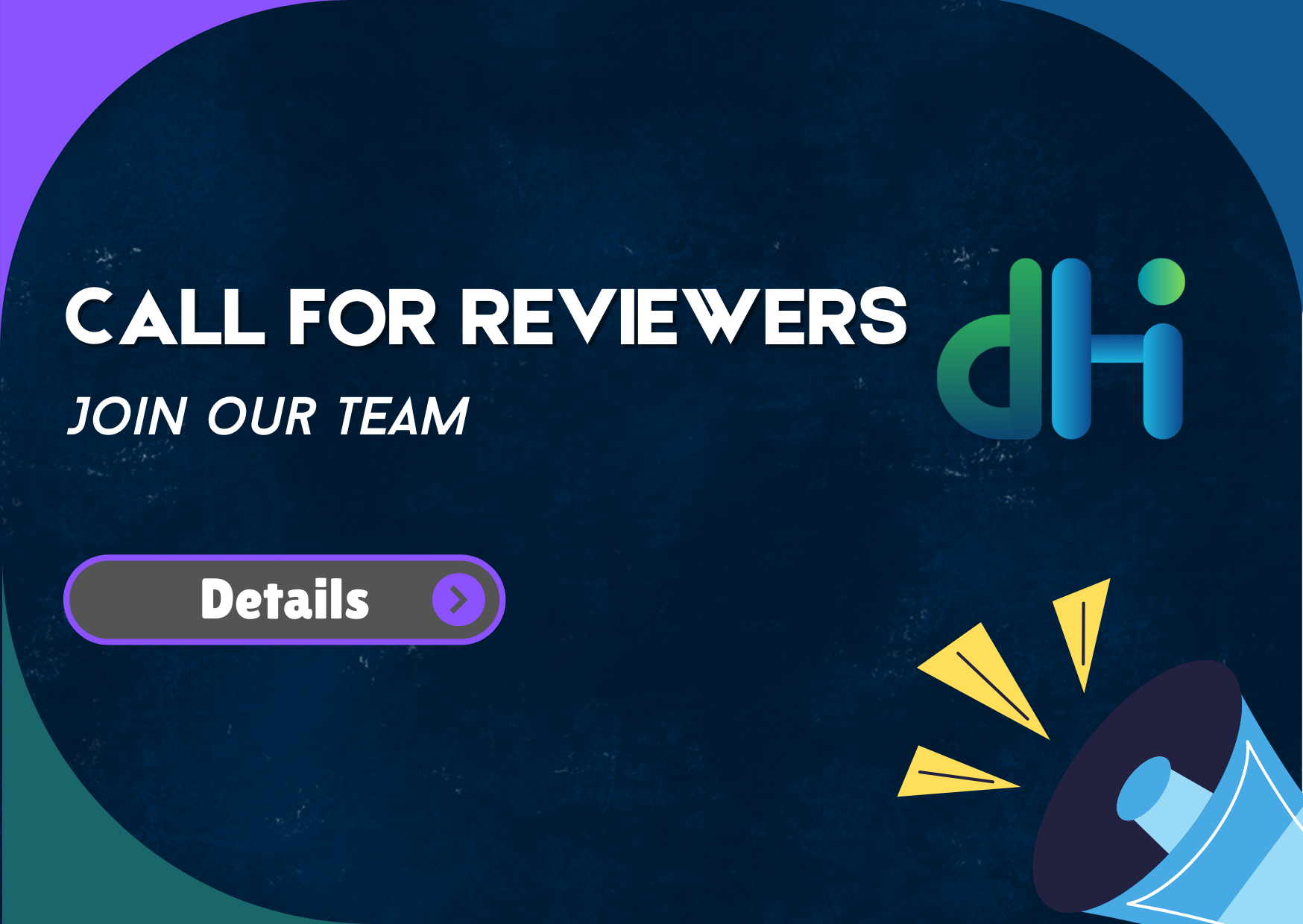Reviewer Guidelines
Contents
Peer Reviewer Guidelines
The primary objective of peer review is to provide the editor with a fair, well-substantiated evaluation of the submitted manuscript, ensuring that it meets the journal’s scholarly and editorial standards. Reviewers play a crucial role in maintaining the quality and integrity of published research by assessing the manuscript’s originality, methodological rigour, and contribution to the field. Review reports should offer detailed, evidence-based feedback that helps authors strengthen their arguments and enhance the clarity and coherence of their work. In cases where a manuscript is deemed unsuitable for publication, reviewers should provide a thorough and reasoned explanation of its major shortcomings, offering constructive feedback that may assist authors in improving the work for future submission.
Reviewers should assess submissions based on DHI’s criteria, focusing on:
- Academic rigor and methodological soundness
- Theoretical and practical contributions to Digital Humanities
- Transparency and reproducibility of data and methodologies
- Ethical considerations, including the responsible use of digital resources
- Engagement with existing scholarship and relevance to ongoing disciplinary debates
- Clarity, coherence, and organization of the manuscript’s argument and structure
- Appropriate use and citation of sources, including digital resources and tools
Review Standards and Ethical Guidelines
Reviewers are expected to maintain scholarly integrity and adhere to the following principles:
- Familiarize yourself with the journal’s peer review guidelines before accepting an invitation to review a submission.
- Provide objective and constructive feedback to enhance the manuscript’s clarity, coherence, and scholarly contribution.
- Focus on critiques of the work rather than the author(s); avoid personal attacks or unsubstantiated claims.
- Support evaluations with clear reasoning, relevant arguments, and appropriate references.
- Disclose any conflicts of interest, including financial, competitive, collaborative, or personal relationships.
- Keep manuscripts under review confidential and do not use them for personal research.
- If delegating the review to a qualified colleague, obtain permission from the editorial team.
- Report any ethical concerns, such as plagiarism or data fabrication, to the Editor-in-Chief.
Timeliness and Communication
Reviewers are expected to submit their reports within the agreed-upon timeframe of 30 days. If delays arise, they should notify the editorial team as soon as possible.
If a reviewer is unable to adequately evaluate certain aspects of the manuscript, they should inform the Editor and specify these areas in their report.
DHI is committed to an efficient, fair, and transparent review process and we sincerely appreciate the time and effort reviewers dedicate to providing thoughtful and rigorous evaluations.



